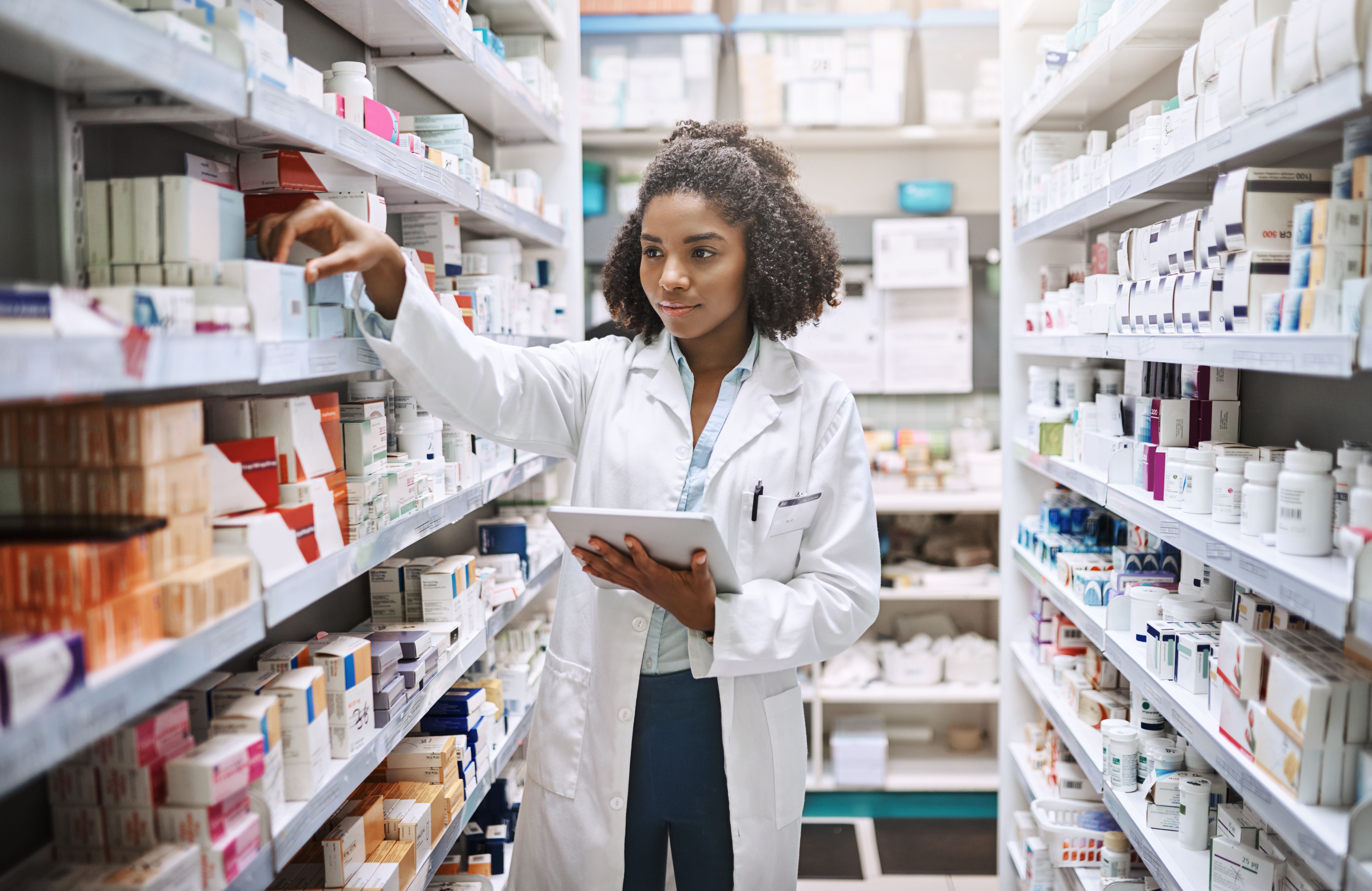Article
New FDA Definition of ‘Biologics’ Could Increase Access to Affordable Insulin
Author(s):
By changing the definition of biological products and hopefully increasing access to cheaper insulin, the FDA hopes to do just that.
New wording in the FDA’s definition of “biologics” clarifies that insulin qualifies as a biological product, which could make it easier to market generic insulin. The definition change is set to take effect March 23, 2020.1
Previously, a “biological product” was defined as a protein, with the exception of any chemically synthesized polypeptide. The new definition further defines “protein” as any alpha amino acid polymer with a specific sequence that is greater than 40 amino acids. Under this definition, insulin is now considered a biological product.2
In a statement, FDA Commissioner Stephen M. Hahn, MD, said, “This transition will open new pathways for manufacturers to bring biosimilar and interchangeable versions of insulin and other transitioning products to market, facilitating greater competition in the marketplace.”3
The definition is intended to balance innovation and competition while facilitating the development and approval of biosimilars, the statement said. Approving these products will encourage a competitive marketplace and may make the products more affordable, according to the FDA.3
Although the change could make marketing easier, a statement from the American Pharmacists Association pointed out that it may take longer to get new copies on the market. Manufacturers of biological products have 12 years of exclusive marketing rights compared with 5 years for small molecule drugs.2
Access to insulin has been a major concern for the more than 30 million Americans with diabetes. According to the American Diabetes Association (ADA), diabetes costs the United States more than $327 billion per year. Although achieving glycemic control and controlling diabetes could make a significant difference in minimizing the costs of the disease, affordability of medications such as insulin is a challenge to achieving that goal.4
Approximately 7.4 million Americans with diabetes use 1 or more formulations of insulin. Between 2012 and 2016, according to a study by the ADA, the prices of rapid-acting insulin pens, rapid-acting insulin vials, long- and short-acting insulin vials all increased between 15% and 17%.4
The researchers of the study also noted differing trends between list prices and net prices for insulin products. Although the list prices increased by 252% between 2007 and 2013, net prices for manufacturers increased from 2007 to 2013 before beginning a decline. Although net prices were still 57% higher in 2016 than in 2007, their rise has been significantly slower than the increase of list prices.4 The researchers pointed out that a possible explanation for the disparity between list prices and net prices may be the lack of competition, with only a few manufacturers dominating the insulin market.4
The researchers concluded that the FDA should continue to streamline the process of bringing biosimilar insulins to the market.4 By changing the definition of biological products and hopefully increasing access to cheaper insulin, the FDA hopes to do just that.3
REFERENCES
- Federal Register: Definition of the Term “Biological Product.” National Archives Federal Register; February 21, 2020. https://www.federalregister.gov/documents/2020/02/21/2020-03505/definition-of-the-term-biological-product. Accessed March 3, 2020.
- FDA issues final definition of biologics that could increase access to cheaper insulin [news release]. Washington, DC; February 25, 2020. American Pharmacists Association website. https://www.pharmacist.com/article/fda-issues-final-definition-biologics-could-increase-access-cheaper-insulin. Accessed March 3, 2020.
- FDA Works to Ensure Smooth Regulatory Transition of Insulin and Other Biological Products [news release]. White Oak, MD; February 20, 2020. FDA website, https://www.fda.gov/news-events/press-announcements/fda-works-ensure-smooth-regulatory-transition-insulin-and-other-biological-products?utm_campaign=022020_PR_FDA%20Works%20to%20Ensure%20Smooth%20Transition%20of%20Biological%20Products&utm_medium=email&utm_source=Eloqua/. Accessed March 3, 2020.
- Cefalu W, Dawes D, Gavlak G, Goldman D, et al. Insulin Access and Affordability Working Group: Conclusions and Recommendations. Diabetes Care, June 2018. https://care.diabetesjournals.org/content/41/6/1299. Accessed March 3, 2020.
Newsletter
Stay informed on drug updates, treatment guidelines, and pharmacy practice trends—subscribe to Pharmacy Times for weekly clinical insights.





